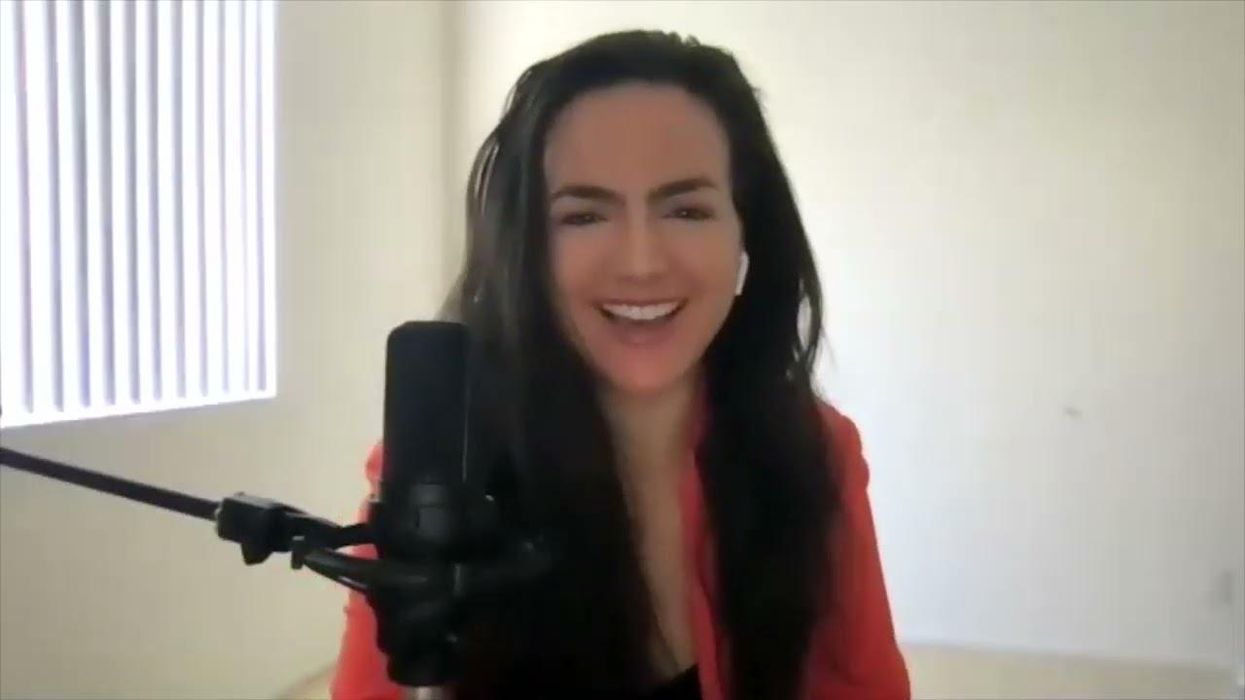Theater has a long history of impacting social change in America.
One example today is the Collaboraction Theatre Company, a Chicago nonprofit exploring theater's role in social change. Through its year-round programming, the group invites its crew and audience members alike to listen and learn from one another, bringing their disagreements and questions in tow.
In this interview with Braver Angels, Collaboraction's artistic director, Anthony Moseley, and former executive director, Marcus Robinson, share their experiences with hosts Ciaran O'Connor and Alma Cook as they discuss how theater can open people up to more constructive political conversations.
The video explores how the troubles of 2020 affected their work, how people of all political viewpoints can be made to feel more welcome in artistic spaces and more.
https://www.youtube.com/watch?v=yLttzaEExPg&t=2214s
To learn more about how theater can be used to open American’s minds to listening and learning from each other visit collaboraction.org .



















